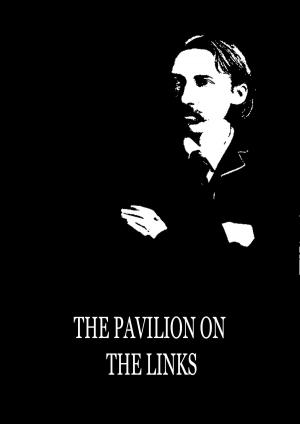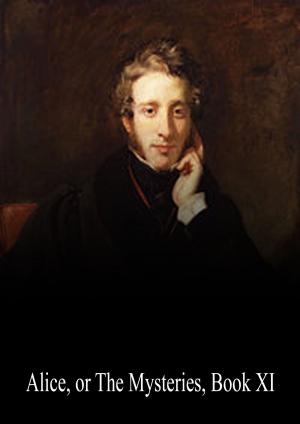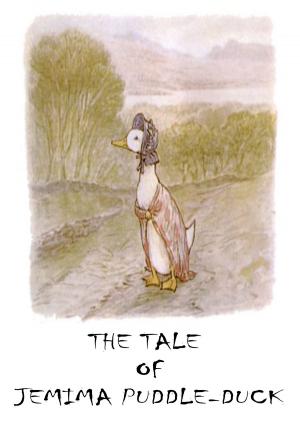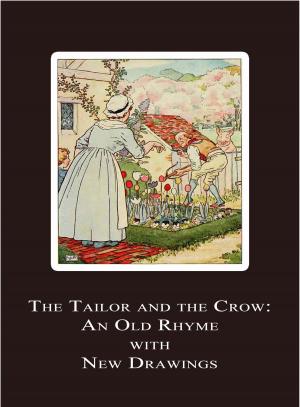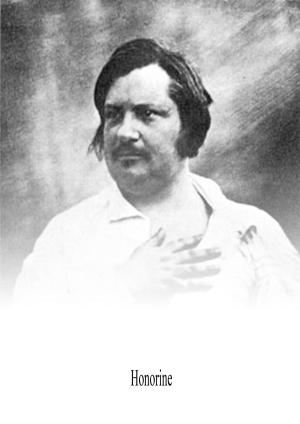Gulliver's Travels Into Several Remote Nations of the World [Christmas Summary Classics]
Nonfiction, Reference & Language, Reference| Author: | Jonathan Swift | ISBN: | 1230000034804 |
| Publisher: | Zhingoora Books | Publication: | December 1, 2012 |
| Imprint: | Language: | English |
| Author: | Jonathan Swift |
| ISBN: | 1230000034804 |
| Publisher: | Zhingoora Books |
| Publication: | December 1, 2012 |
| Imprint: | |
| Language: | English |
Christmas Summary Classics
This series contains summary of Classic books such as Emma, Arne, Arabian Nights, Pride and prejudice, Tower of London, Wealth of Nations etc. Each book is specially crafted after reading complete book in less than 30 pages. One who wants to get joy of book reading especially in very less time can go for it.
JONATHAN SWIFT
Gulliver's Travels Into Several Remote Nations of the World
Jonathan Swift, the greatest and most original satirist of his own, or perhaps of any age, was born in Dublin, Ireland, of English parents, November 30, 1667. His poverty and abject dependence upon his relatives in his early youth may have given the first impetus to that bitter resentment and haughty spirit of pride which characterized him through life. After a somewhat troubled career in Trinity College, Dublin, he removed to England, where he entered the household of the retired English statesman, Sir William Temple, whose literary executor he became ten years later. The advertisement which this connection, and the performance of its final office, gave him, led to his appointment to a small living and certain other church emoluments in Ireland. In the following years he paid several protracted visits to London, where by the power of his pen and his unrivalled genius as a satirist of the politics of his time, he rapidly rose to a most formidable position in the State,--the intimate of poets and of statesmen. And yet, owing to the opposition which his claims met with at court, he derived no higher preferment for himself than the deanery of St. Patrick's, Dublin, in 1713. In time Swift reconciled himself to this change by vehemently espousing the cause of the Irish against their English rulers, and by his writings made himself as famous in that country as he had formerly done in England. Gradually the gloom of cerebral decay descended upon his magnificent intellect, and he died October 19, 1745. "To think of his ruin," said Thackeray, "is like thinking of the ruin of an empire." No more original work of genius than Swift's "Gulliver's Travels" exists in the English language. For sheer intellectual power it may not be equal to the "Tale of a Tub," but as it has more variety, so it has more art. "Gulliver" was published in 1726, at a period when life's disappointments had ceased to worry Swift. It is probable, however, that the book was planned some years previously, the keenness of the satire on courts and statesmen suggesting that his frustrated aims still rankled in his mind. Curious is it that so perfect an artist should nevertheless have missed the main purpose which he set himself in this book, namely, "to vex the world rather than divert it." The world refused to be vexed, and was hugely diverted. The real greatness of "Gulliver" lies in its teeming imagination and implacable logic. Swift succeeded in endowing the wildest improbabilities with an air of veracity rivalling Defoe himself. (See also Vol. X, p. 282.)
Christmas Summary Classics
This series contains summary of Classic books such as Emma, Arne, Arabian Nights, Pride and prejudice, Tower of London, Wealth of Nations etc. Each book is specially crafted after reading complete book in less than 30 pages. One who wants to get joy of book reading especially in very less time can go for it.
JONATHAN SWIFT
Gulliver's Travels Into Several Remote Nations of the World
Jonathan Swift, the greatest and most original satirist of his own, or perhaps of any age, was born in Dublin, Ireland, of English parents, November 30, 1667. His poverty and abject dependence upon his relatives in his early youth may have given the first impetus to that bitter resentment and haughty spirit of pride which characterized him through life. After a somewhat troubled career in Trinity College, Dublin, he removed to England, where he entered the household of the retired English statesman, Sir William Temple, whose literary executor he became ten years later. The advertisement which this connection, and the performance of its final office, gave him, led to his appointment to a small living and certain other church emoluments in Ireland. In the following years he paid several protracted visits to London, where by the power of his pen and his unrivalled genius as a satirist of the politics of his time, he rapidly rose to a most formidable position in the State,--the intimate of poets and of statesmen. And yet, owing to the opposition which his claims met with at court, he derived no higher preferment for himself than the deanery of St. Patrick's, Dublin, in 1713. In time Swift reconciled himself to this change by vehemently espousing the cause of the Irish against their English rulers, and by his writings made himself as famous in that country as he had formerly done in England. Gradually the gloom of cerebral decay descended upon his magnificent intellect, and he died October 19, 1745. "To think of his ruin," said Thackeray, "is like thinking of the ruin of an empire." No more original work of genius than Swift's "Gulliver's Travels" exists in the English language. For sheer intellectual power it may not be equal to the "Tale of a Tub," but as it has more variety, so it has more art. "Gulliver" was published in 1726, at a period when life's disappointments had ceased to worry Swift. It is probable, however, that the book was planned some years previously, the keenness of the satire on courts and statesmen suggesting that his frustrated aims still rankled in his mind. Curious is it that so perfect an artist should nevertheless have missed the main purpose which he set himself in this book, namely, "to vex the world rather than divert it." The world refused to be vexed, and was hugely diverted. The real greatness of "Gulliver" lies in its teeming imagination and implacable logic. Swift succeeded in endowing the wildest improbabilities with an air of veracity rivalling Defoe himself. (See also Vol. X, p. 282.)
![Cover of the book Gulliver's Travels Into Several Remote Nations of the World [Christmas Summary Classics] by Jonathan Swift, Zhingoora Books](https://www.kuoky.com/images/2012/december/500x500/1230000034804-Fj9u_500x.jpg)


![Cover of the book New Voyage Round the World [Christmas Summary Classics] by Jonathan Swift](https://www.kuoky.com/images/2012/december/300x300/1230000037113-kNx2_300x.jpg)


